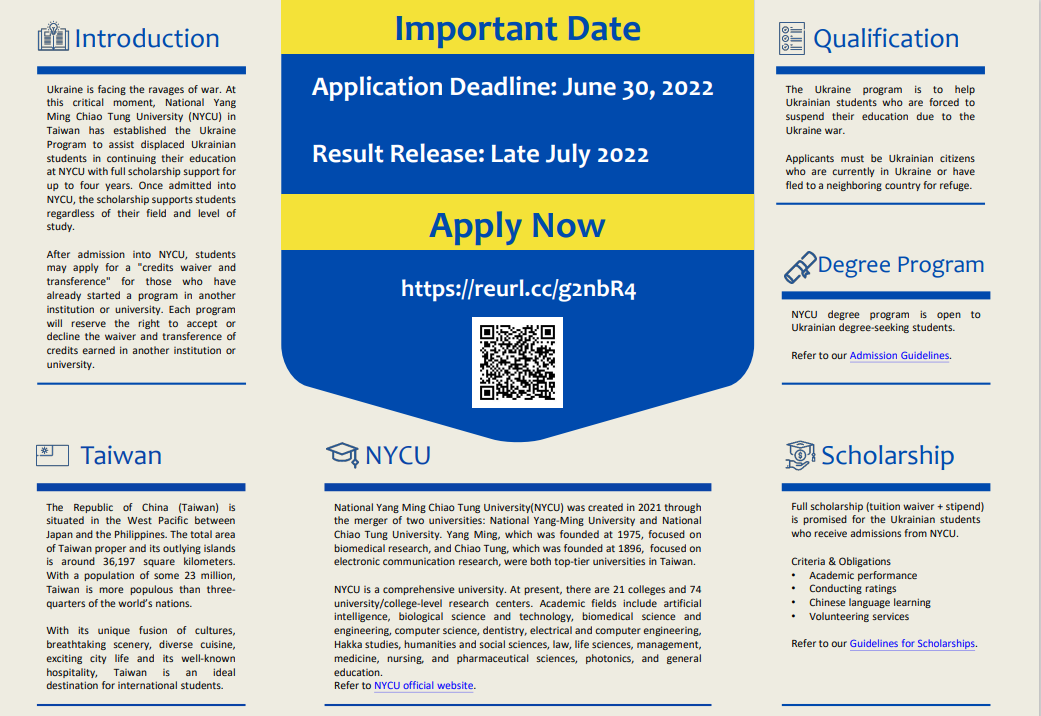- Read Time: 6
On February 24, 2022, Russia launched an all-out war against Ukraine. On the 28th of the same month, Mykhailo Fedorov, Deputy Prime Minister of Ukraine and Minister of the Ministry of Digital Transformation of Ukraine, immediately sent a request to Goran Marby, President and Chief Executive Officer of ICANN. The request was to introduce a list of sanctions targeting the Russian Federation's access to the Internet, including revoking the domain name '.ru' and its related authentication mechanism and shutting down some of its DNS root servers. On March 2 of the same year, Goran Marby replied about being unable to realize Ukraine's request due to various technical and policy reasons. At the same time, it was pointed out that only a wide range of unimpeded Internet access can enable the public to obtain reliable information and diverse views.
While Ukraine’s request was not successful, the battle on the Internet during the Russia-Ukraine war has raised issues that the global Internet community should think deeply: What role should the existing network governance mechanism play in the war? In the face of the cruelty of war, is there a higher level of value pursuit in network governance based on original core values? What procedures can the global Internet community use to express their opinions or consensus on this matter?
For this reason, NYCU Law held a series of web-symposiums inviting various speakers, including legal experts from Ukraine, to discuss this thoughtful topic.
In the first event on June 10, Moderator Dean Thomas Chen mentioned that before the war, Ukraine regulated the conditions under which countries could initiate cyber operations by foreign countries. Panel speaker Ruslan Melnychenko mentioned ICANN is paying attention that despite the need to aid the affected territory amid the crisis, revoking one's rights to internet access contradicts the purpose and function of the internet in connecting the world.
Panel speaker Daria Bulgakova advocates the statement that governance of the internet must encompass the preservation of the internet, that is, the safeness of states and society from uses and misuses of the internet. The internet does not exist as an independent area of sovereignty. It is not only doubted the power of states to restrain where the digital natives assembled but generally discounted the right of states to regulate what lay beyond their frontiers. Indeed, the internet is proposed to be governed by rules enumerated as sources of international law appointed in Article 38 (1) of the Statute of the International Court of Justice: (1) international conventions, (2) international custom, (3) general principles of law recognized by civilized nations, and (4) judicial decisions. Thus, the internet’s governance is vital to its integrity - a matter of common interest.
As a result, the speaker stratified the idea of governance according to four key aspects of internet integrity: (1) the internet’s basic functionality,(2) access through a working addressing and routing system, (3) communication and information through applications based on protocols, and (4) transactions or transitionary functionality.
The other side, Gatis Polis argues that if the Internet takes a stand, it will open up a Pandora's Box and become the same online environment as an authoritarian state. And because cyber warfare can have catastrophic consequences, belligerents have a dual "responsibility to differentiate." First, they must not use cyber weapons that are inherently indistinguishable from their targets, such as viruses that replicate themselves and cannot be controlled. Second, each time a belligerent launches an attack, it should find out whether, in the particular circumstances at the time, the cyber weapon used can and does target a military objective, and whether its impact can be contained within the limits required by IHL. Finally, William Hsu pointed out the norms of cyber warfare in international law are still limited, but there should be new norms in the future.
In addition to the participation of Ukrainian legal scholars and lawyers, this event also cooperated with the Taiwan Internet Governance Forum. In this online forum that day, everyone's opinions and discussions were active, and the event was successful.
Admissions Fall 2022 for Ukrainian Students
In addition to the series of events on Internet governance, the National Yang Ming Chiao Tung University (NYCU) in Taiwan has established a special program for assisting displaced Ukrainian students in continuing their education at NYCU with full scholarship support for up to four years. The application deadline is June 30. Further information can be found at https://oia-sys.nycu.edu.tw/admission/student/index/index/applyParam/ndpvj. Please distribute this information to your Ukrainian friends. We sincerely welcome you to join us.

Suggested Citation:
Internet as Sanction: the Rational and Thought about Ukraine's Request to ICANN, Digital Law Asia (June 21, 2022), https://digital.law.nycu.edu.tw/blog-post/9txb86/